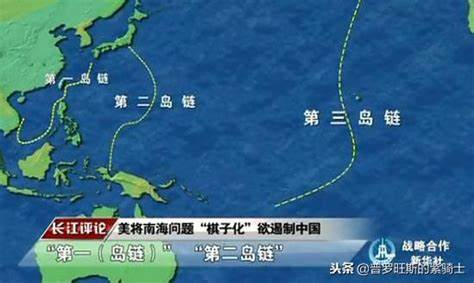
Abstract
The Taiwan question is not only a consequence of the civil war, but also a reflection of the international relations at that time, especially US-China relations. For a long time, we have considered the Taiwan question from within the framework of US-China relations and have tried to put national reunification within that framework. The advantage of this thinking is that if China and the United States can reach a consensus on Taiwan to some extent, then cross-strait relations tend to stabilize. But the disadvantage is also clear: once China and the United States lose consensus, then cross-strait relations will become unstable. The problem is that it is difficult for China and the United States to reach a stable consensus on the Taiwan question, because for mainland China, the greatest interest lies in the peaceful reunification of the country; while for the United States, the greatest interest lies in the peaceful independence of Taiwan. Today, the most serious challenge for US-China relations is once again these fundamental divergent interests regarding the Taiwan question.
The recent changes in US policy towards Taiwan are a direct response to its domestic affairs. Because of the changes in its internal political structure that make power more decentralized, it has become difficult for the president to make a strong statement on the Taiwan question. American politicians in congress and state governments and national officials all want to get involved in the Taiwan question, causing the US Policy on Taiwan to become unprecedentedly chaotic. We cannot assume that the US federal government has a clear and unified policy towards Taiwan as in the past. There is no unified so-called Taiwan policy in the US now, not even for a certain party or a state government, but at most there are “Taiwan policies” of particular political figures, interest groups and organizations.
In general, because we can not change American domestic affairs, we must look for new ways of thinking about the Taiwan question. At the same time, the gradual separation of the Taiwan question from US-China relations will help us alter our past passivity and take the initiative, allowing us to think independently about national reunification.
Research Questions
-
Analysis of the changing structure of American domestic affairs and its impact on Foreign Policy
-
Does the US still have a clear Taiwan policy?
-
New ideas for solving the Taiwan questions and national reunification